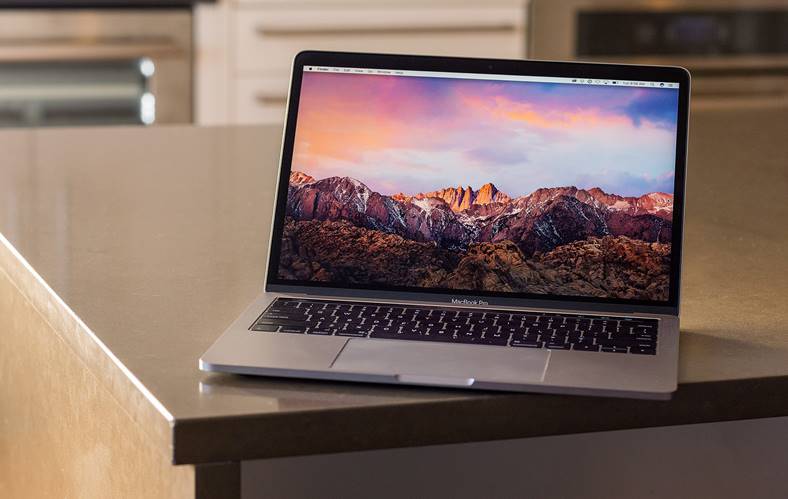The saga of complaints regarding the non-implementation of 32 GB RAM in the new one MacBook Pro continues, and Apple's vice president, Phil Schiller, spoke about this again. In an interview that appeared during this day, he says that Apple chose not to implement 32 GB of RAM in the new MacBook Pro, because the remaining space for batteries would have been substantially reduced.
Schiller claims that the new MacBook Pro uses extremely fast RAM, which has working frequencies of up to 2133 MHz, this strategy being worthy of praise. If Apple had implemented a double amount, the energy consumption would have been higher, but the space required to mount these RAM modules would have also forced a rethinking of the design of the internal components.
The new MacBook Pro uses LPDDR3E RAM, which is a special version that consumes very little energy, a DDR 4 version also exists. The problem with this version is that it is not compatible with the Intel processors implemented in the new MacBook Pro model, so Apple could not have used these components.
"To put more than 16GB of fast RAM into a notebook design at this time would require a memory system that consumes much more power and wouldn't be efficient enough for a notebook. I hope you check out this new generation MacBook Pro, it really is an incredible system.”
According to some tests done on MacBook Pro and computers with Windows, the LPDDR3E RAM modules used by Apple consume 1.5W during use. DDR 4 RAM modules consume between 3 - 5W during use, the difference being enormous, and Apple preferred to discount the performance for the sake of offering a very good autonomy for laptops.
"Apple have been using LPDDR for several generations of their notebooks, and it's part of the way that they get very long standby time on them. Switching to DDR4 would drastically reduce it from the 30 days of standby time that they get now to less than one week. With DDR4 they'd have produced a notebook that would have a completely drained battery if it was at 50% charge and you closed the lid and left it for a few days. Not only would that be annoying, but by running the battery flat often it would end up damaging a percentage of their batteries because they'd frequently get 100% discharged, which puts a lot of stress on them, and sometimes even kills them."
In essence, everything boils down to compromises for Apple, and those from Cupertino always end up being ridiculed because of them.
















